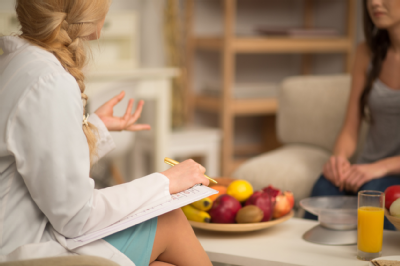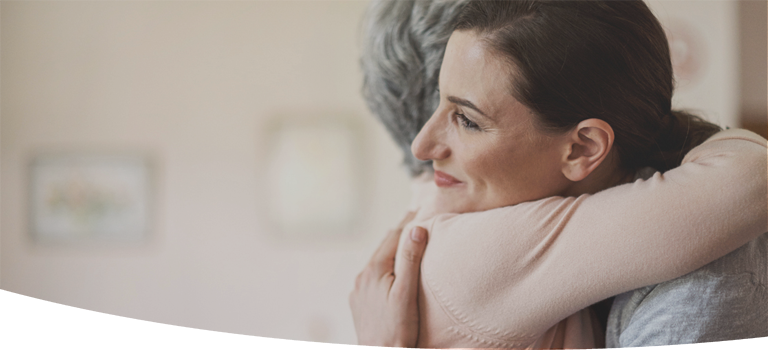Once diagnosed
So, finally you're diagnosed with coeliac disease and you have a solution. We know you may be feeling relief, sadness or apprehension about your diagnosis. Don't worry, your journey to feeling better is only just beginning and we’re here every step of the way to help.
Here are six tips to help get you started:
1. Learn which foods are naturally gluten free
All types of rice, potato, corn (maize), plain meat, fish, eggs, cheese, milk, most yogurts, fruits, vegetables and pulses (peas, beans and lentils) are naturally gluten free and are suitable for the diet.
2. Join us and our amazing community
The best support comes from people who understand. We can help you make safe food choices more easily and connect with others just like you, because we know what it takes to live gluten free every day.
So wherever you are in your gluten free journey, our community is the place to be, and it gets you:
- access to our Food and Drink Guide, which lists thousands of food and drink products that are safe to eat
- for those who want it, you can be buddied through our Member2Member scheme, with someone who has lived through what you’re experiencing now
- Live Well Gluten Free magazine and Crossed Grain newsletter delivered direct to your door
- access to our expert Helpline – call 0333 332 2033
- our Live Well Gluten Free app to give you our help whenever you need us
- the ability to meet up with members in your area via our local groups
- other information sheets and booklets to help you manage your condition
- other online services such as our email newsletters, Venue Guide and Home of Gluten free Recipes.
Join us online today and get instant access to the support and resources that will help you live well, gluten free.
3. See a dietitian
Your gastroenterologist or GP should refer you to a dietitian who can give you individual advice and a step by step plan on how to remove gluten from your diet.
 You may see your dietitian at your local hospital outpatient department or at your GP surgery.
You may see your dietitian at your local hospital outpatient department or at your GP surgery.
If you're not sure if you've been referred to a dietitian, check with your GP. Consultations with a dietitian in the NHS are free.
Before your appointment try and keep a record of what you usually eat over a two or three day period. Take this diary to your appointment and be ready with any questions you might have.
Your dietitian should give you written information and a contact number to support the advice they give you. Be sure to ask about a follow up appointment.
You should also have regular check ups with either your GP, gastroenterologist or dietitian.
4. Talk to your GP about getting products on prescription
Depending on where you live in the UK, people with coeliac disease can get gluten free staple food on prescription.
There are hundreds of products available from a number of manufacturers. Try as many products as possible as they all vary in taste, texture and palatability. Many manufacturers produce newly diagnosed packs to help you get to know what ranges are available. Contact manufacturers directly for information on what they make.
5. Talk to other people with coeliac disease
Coeliac UK has over 60 local groups across the UK. They are an invaluable source of support and many organise meetings, cooking and baking demonstrations, coffee mornings, evenings out and fun events to help raise awareness of coeliac disease.
Find out if there is a local group near you
6. Check out your local supermarkets and the internet for gluten free products
 Many supermarkets now stock a range of specialist gluten free foods and the range of available products has increased over the last few years. Some of the supermarkets also produce lists of foods you can eat on their websites or you can ask for them in store.
Many supermarkets now stock a range of specialist gluten free foods and the range of available products has increased over the last few years. Some of the supermarkets also produce lists of foods you can eat on their websites or you can ask for them in store.
Availability of gluten free foods may vary between stores so you may have to visit more than one shop to get a good idea of what is out there. Products may be kept in a specialist free from aisle, placed among other foods, or sometimes even both – so allow yourself time to investigate.
You will get there
Learning about living with a gluten free diet needn't be a daunting and lonely journey. It’s a lot to learn at first but we’re here every step of the way to get you living well, gluten free.
